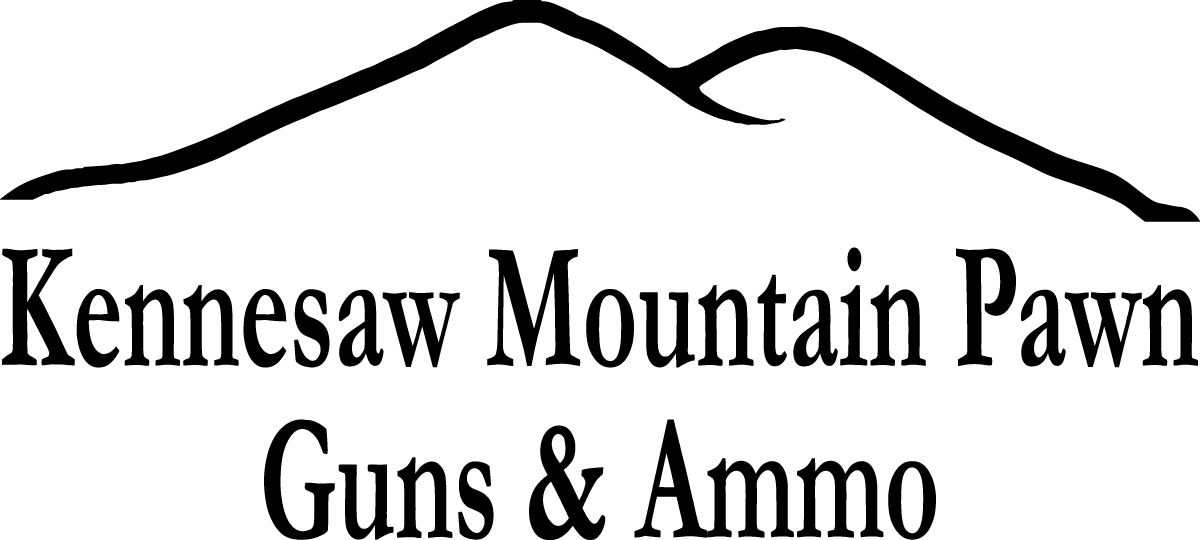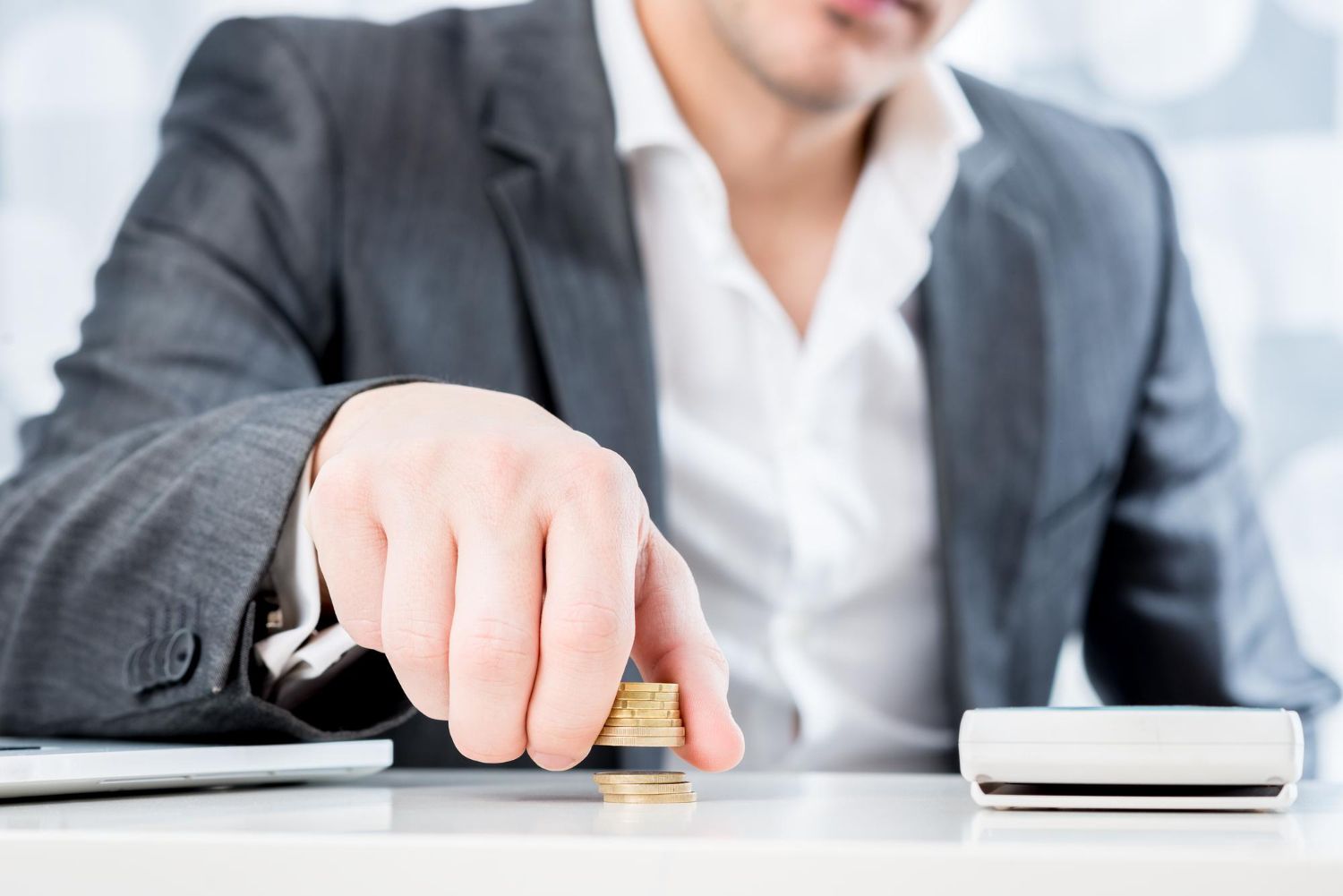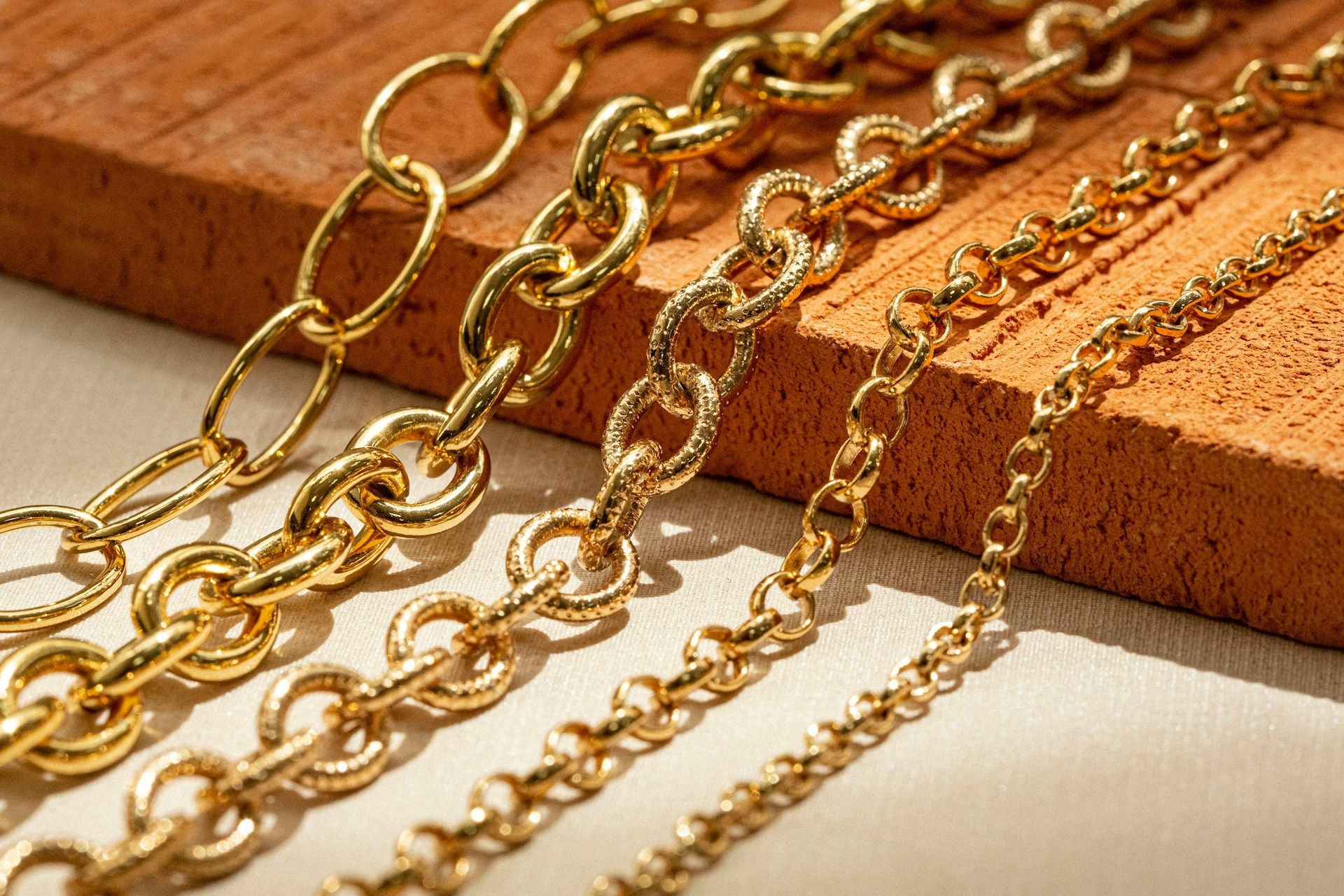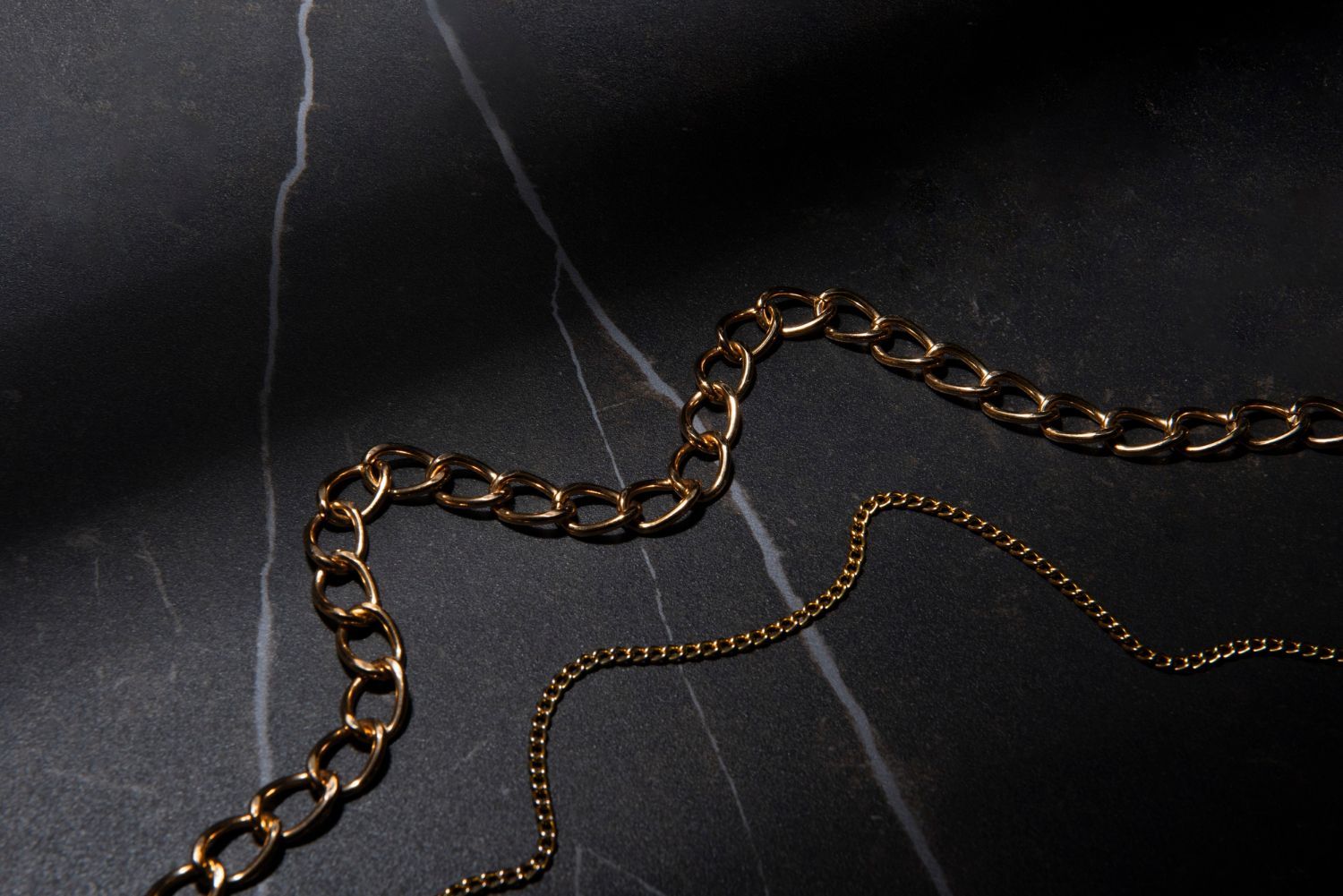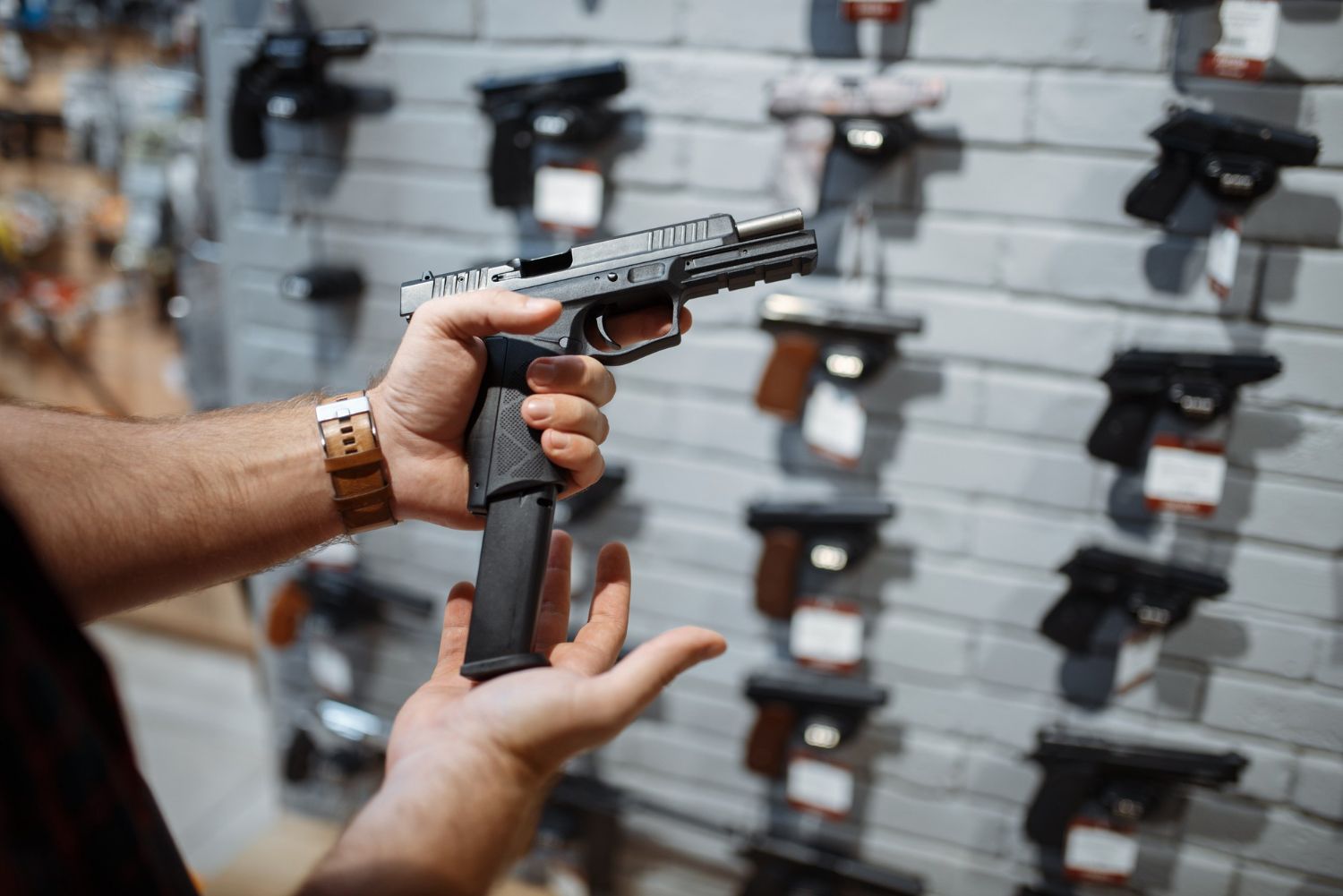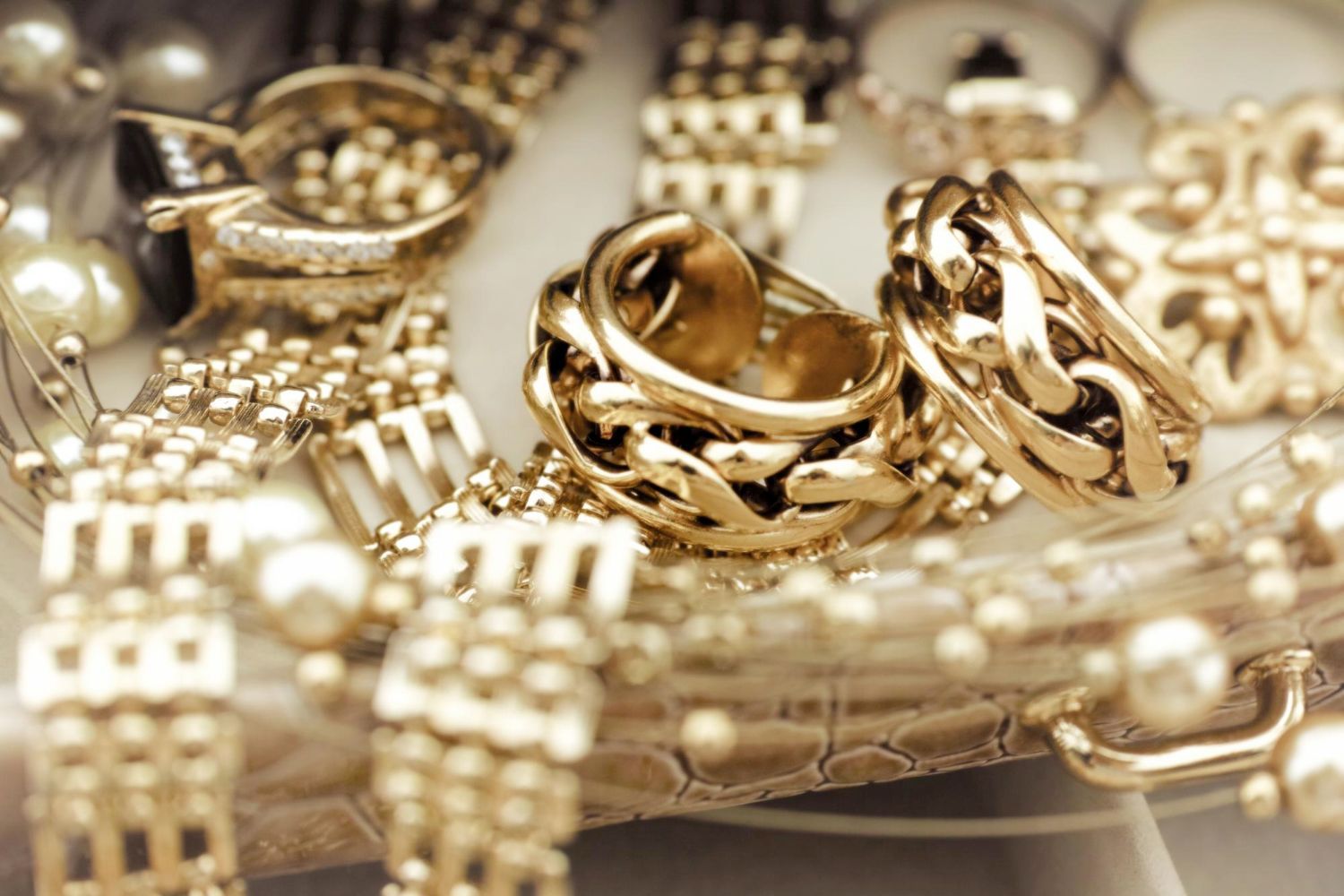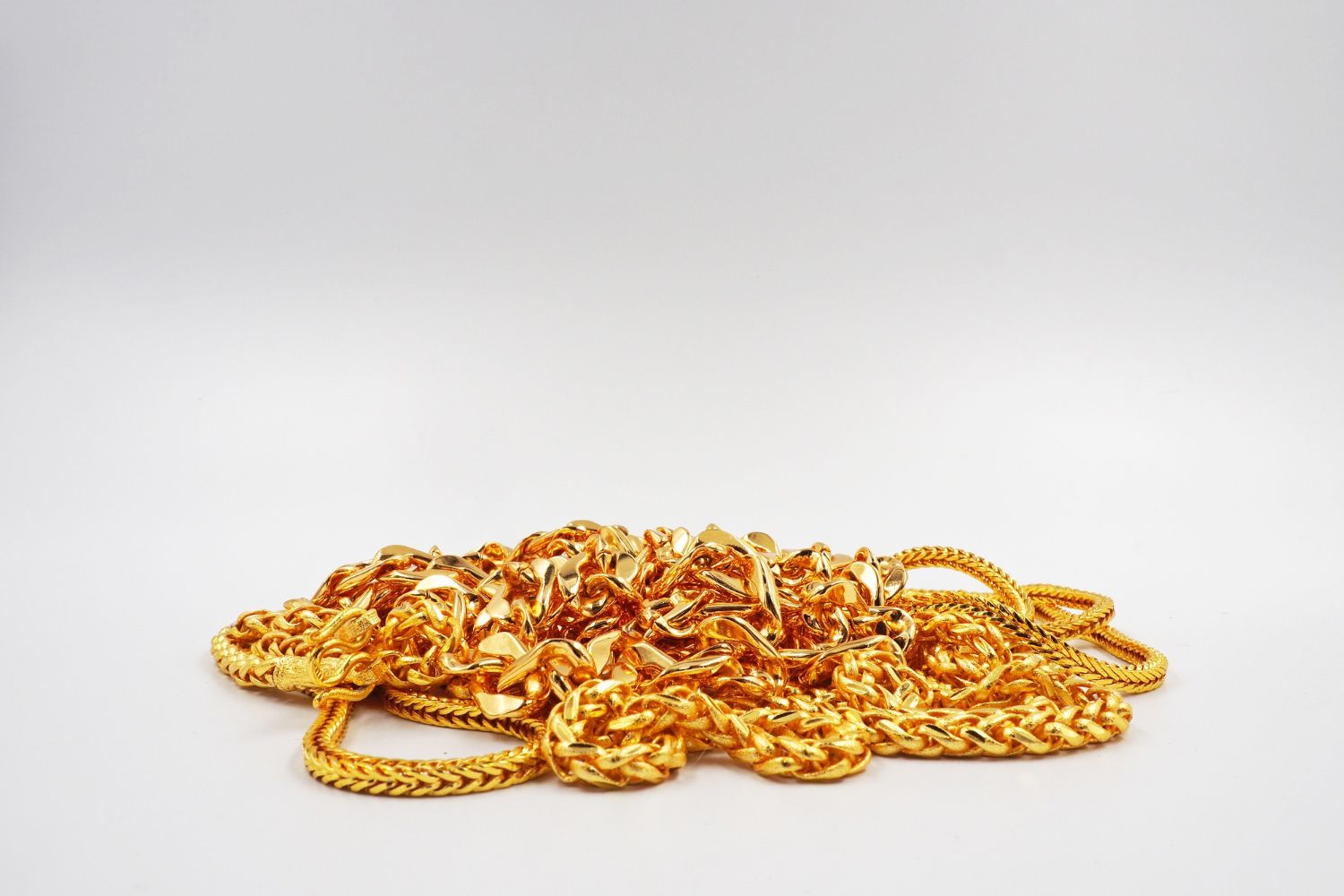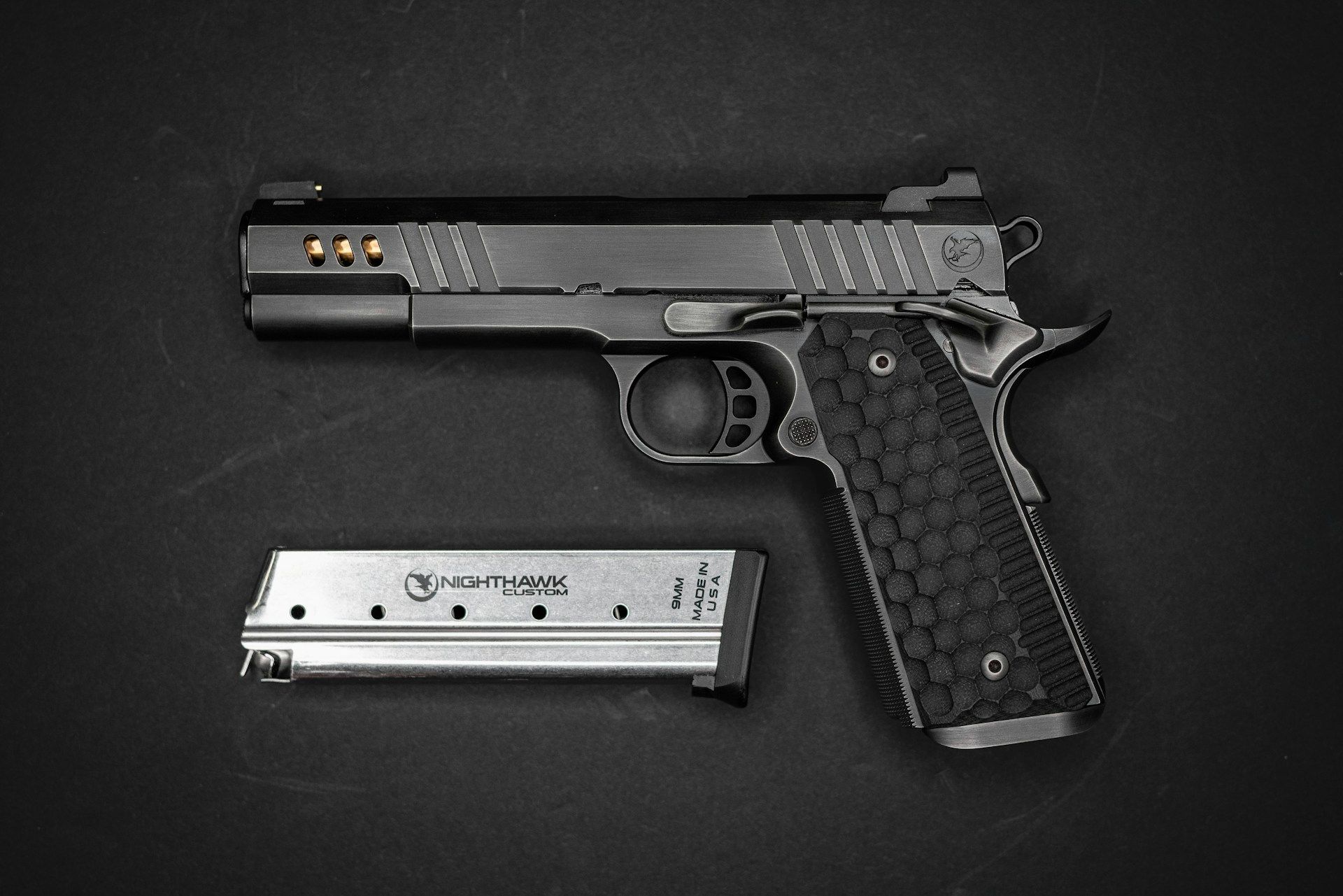How Pawn Shops Value Your Items
Pawn shops offer a convenient way to turn your possessions into quick cash. Whether you're pawning jewelry, electronics, or rare collectibles, understanding how pawnbrokers determine the value of your items can help you make informed decisions. If you know what factors are considered, you can better prepare and potentially receive a higher offer for your valuables.
The value assessment process at a pawn shop involves several key steps. The condition of the item plays a crucial role. Items in excellent condition with minimal wear and tear tend to be valued higher. Additionally, pawnbrokers research current market demand to gauge how easily an item can be resold. For unique or high-value items, expert appraisals might be called upon to provide a more accurate valuation.
Another aspect pawnbrokers consider is the historical and sentimental value of items. While sentiment might not directly affect the monetary value, historical significance can make certain items more desirable. By understanding these valuation criteria, you can better position yourself for a successful pawning experience, ensuring you get the most value for your items.
Evaluating the Condition of the Item
The first step in determining the value of an item at a pawn shop is evaluating its condition. Items in excellent or like-new condition will typically fetch higher offers compared to those showing signs of wear and tear. To assess condition, pawnbrokers look at several factors:
1. Appearance: Items that look clean, shiny, and well-maintained catch the eye and suggest careful handling. This is especially important for jewelry, electronics, and collectibles.
2. Functionality: For electronics, tools, and appliances, working condition is crucial. Pawnbrokers will check if the item powers up, runs smoothly, and performs its intended functions without issues.
3. Completeness: Original packaging, manuals, and accessories can enhance the value of an item. For example, a camera with its original lenses and bag is more valuable than one without them.
By making sure your items are clean, complete, and functional, you can improve the chances of receiving a higher valuation.
Research and Market Demand
Another critical factor in the valuation process is research and market demand. Pawnbrokers need to know what similar items are currently selling for and how in-demand those items are. This research helps determine a fair price that reflects current market conditions.
1. Online Marketplaces: Checking popular online marketplaces gives an idea of the going rate for items similar to yours. If an item is selling well online, it's likely to be in demand.
2. Seasonal Trends: Some items, like certain types of jewelry or sporting goods, may have fluctuating values depending on the season. Understanding these trends can influence the offer you receive.
3. Local Demand: Items in higher demand locally might fetch a better price. For instance, outdoor equipment might be more valuable in an area known for its outdoor activities.
Regularly monitoring market conditions for your items can help you decide the best time to pawn or sell, ensuring you get the best possible offer.
The Role of Expert Appraisals
For unique or high-value items, expert appraisals play a crucial role in the valuation process. Appraisers have specialized knowledge and experience in assessing the worth of specific items like jewelry, antiques, and fine art. Having an expert appraisal can ensure you receive a fair and accurate valuation.
1. Jewelry Appraisals: Gemologists use tools to evaluate the clarity, cut, color, and carat weight of gems. They also assess the metal quality and overall craftsmanship. This detailed evaluation can significantly impact the item's value.
2. Antique Appraisals: Experts in antiques can identify the age, origin, and historical significance of items. They can determine if an object is a genuine antique or a modern reproduction, which affects its value.
3. Art Appraisals: Art appraisers evaluate the artist's reputation, the artwork's condition, and its provenance (history of ownership). These factors influence the piece's market value.
By seeking expert appraisals, we ensure your items are accurately valued, providing both you and the pawnbroker with confidence in the transaction.
Historical and Sentimental Value
Historical and sentimental value can also influence the perceived worth of your items. While sentimental value doesn't always translate into cash, it can add an extra layer of appeal to certain items, especially those with historical importance.
1. Historical Significance: Items with ties to significant events or famous individuals can be more valuable. For instance, coins from a particular period or memorabilia from a famous person’s estate can fetch higher prices.
2. Collectibility: Limited edition or discontinued items are often highly sought after by collectors. These items carry a premium due to their rarity and demand among enthusiasts.
3. Sentimental Appeal: While personal sentiment doesn't directly affect monetary value, it can make an item more marketable if there's a widespread sentimental value. For example, vintage toys that many people remember from their childhood might be highly prized.
Understanding the historical and sentimental aspects of your items can help you appreciate their value and better communicate their significance to potential buyers or pawnbrokers.
Conclusion
Understanding how
Marietta pawn shops determine the value of your items can help you better prepare and maximize the offer you receive. Factors like the condition of the item, current market demand, expert appraisals, and the historical and sentimental value all play crucial roles in the valuation process. By paying attention to these aspects, you can ensure your items are presented in the best light, making them more attractive to pawnbrokers.
If you're thinking about pawning your items, contact us at Kennesaw Mountain Pawn. We provide fair and accurate evaluations, helping you get the most value out of your possessions. Let our experienced team assist you in turning your valuables into cash confidently and efficiently.
